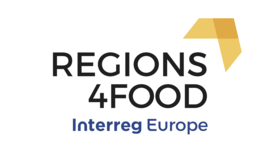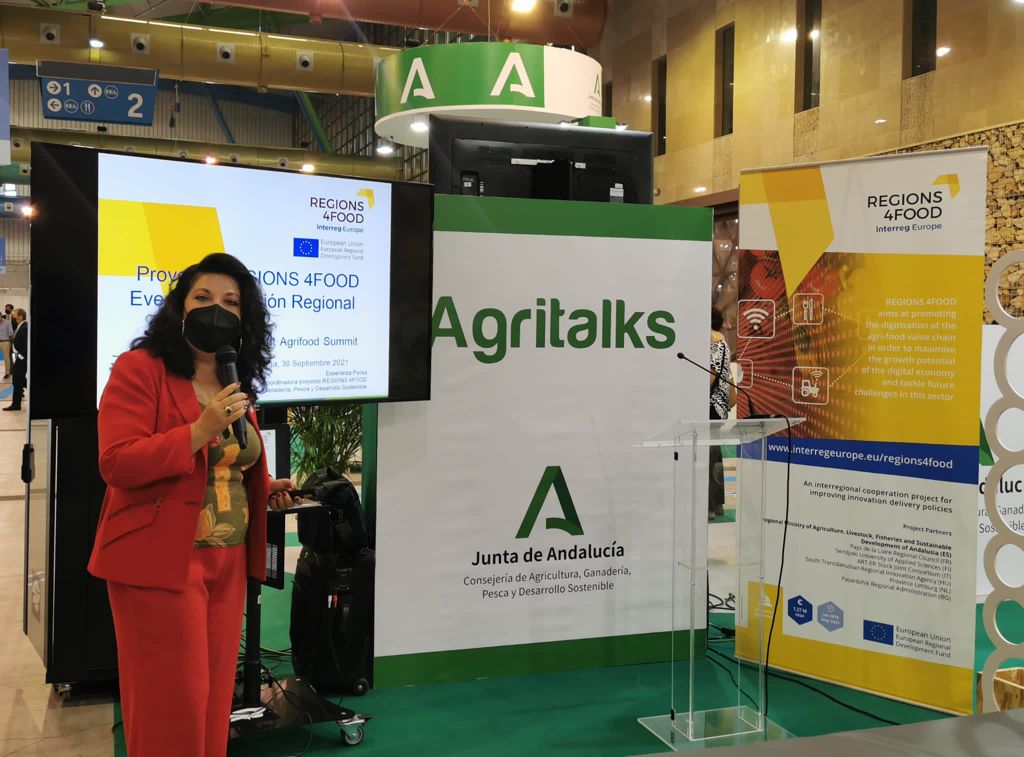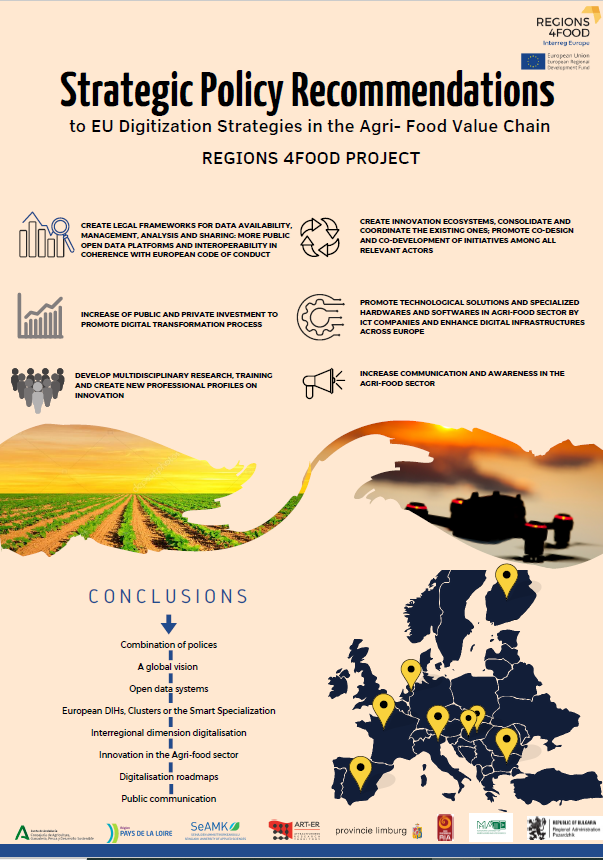In Hungary, precision farming that uses data available at agricultural enterprises is present since 2010, but the related research and development activities started in 2006-2007. Numerous domestic solution providers also offer software for data management across the agriculture value chain as a whole.
The South Transdanubian Regional Innovation Agency Nonprofit Ltd. (STRIA) has organized its second Regions 4Food stakeholder meeting on 30th April 2019, which was held at Gasztrotéka of Fino-Food Ltd. in Kaposvár.
Within the framework of the event, Zsolt PÁLMAI, deputy director of STRIA, briefly described the data technology catalogue that was developed by surveying agricultural enterprises, including village farmers of the Hungarian Chamber of Agriculture and statistical data based research. This catalogue targeted different value chains (for example the value chain of cereal production and maize production), presented the types of data collected (expenditures, yields, profits, sales, etc.), their use (purely statistical reporting or obtaining derived information for company management decisions), examining the quality, availability, fields of use of data and their connection with other databases. The survey also includes data generation, storage, data analysis methods, and the usability of individual solutions by other information processing systems. Within the framework of the presentation, the main Hungarian problems and needs related to precision farming, as well as the related data management were briefly reviewed, as well as the literature review and the related network of quadruple helix actors.
To enrich the stakeholder meeting, STRIA decided that it was important to mention the IT innovations which are affecting Hungarian food companies.
In such regard STRIA briefly presented the results of another project co-funded by the Central Europe Program, I-CON. This transnational project focuses on food innovation (mechatronics, food quality and safety, food design), with food industry audits of small and medium-sized enterprises in food processing. Also, an Internet-based freelance community was introduced as part of I-CON, that provides design services for food companies (such as logo redesign or label design). The I-CON food industry audit within I-CON was carried out by the other Hungarian partner of the project, Campden BRI Hungary Non-profit Ltd.
Levente ZELENÁK, development engineer of Campden BRI Hungary Non-profit Ltd., presented a strategy for the modernization of the food industry. Industry 4.0 in this context means the efficient organization of processes, which implies the autonomous communication and coordinated operation of devices along the flow of materials. Digitization as a process converts food processing related information into digital (computer-readable) format, thus enables more widespread use of information and communication technologies. This increases the competitiveness of the businesses concerned, improves the quality of their products, and also leads to better service to consumers. Industry 4.0 and digitization together promote process control, information flow and consumer engagement. Last but not least, these also play decisive role in addressing the quality of labour shortages in the sector. After the presentation, a questionnaire on the topic was distributed among the SMEs being present.
23 participants attended the meeting, which were followed by questions and answers session, and concluded with informal conversations and catering.






